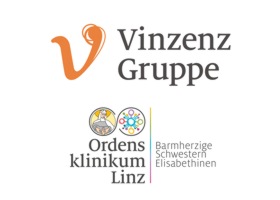Impact of IL28B on treatment outcome in hepatitis C virus G1/4 patients receiving response-guided therapy with peginterferon alpha-2a (40KD)/ribavirin.Tools Scherzer, Thomas-Matthias und Stättermayer, Albert Friedrich und Strasser, Michael und Laferl, Hermann und Maieron, Andreas und Stauber, Rudolf und Datz, Christian und Dulic-Lakovic, Emina und Steindl-Munda, Petra und Hofer, Harald und Ferenci, Peter (2011) Impact of IL28B on treatment outcome in hepatitis C virus G1/4 patients receiving response-guided therapy with peginterferon alpha-2a (40KD)/ribavirin. Hepatology (Baltimore, Md.), 54 (5). pp. 1518-26. ISSN 1527-3350 Für diesen Eintrag wurde kein Volltext-Dokument angefügt.
|
||||||||||||||||
|
|
|
|


 Tools
Tools Tools
Tools